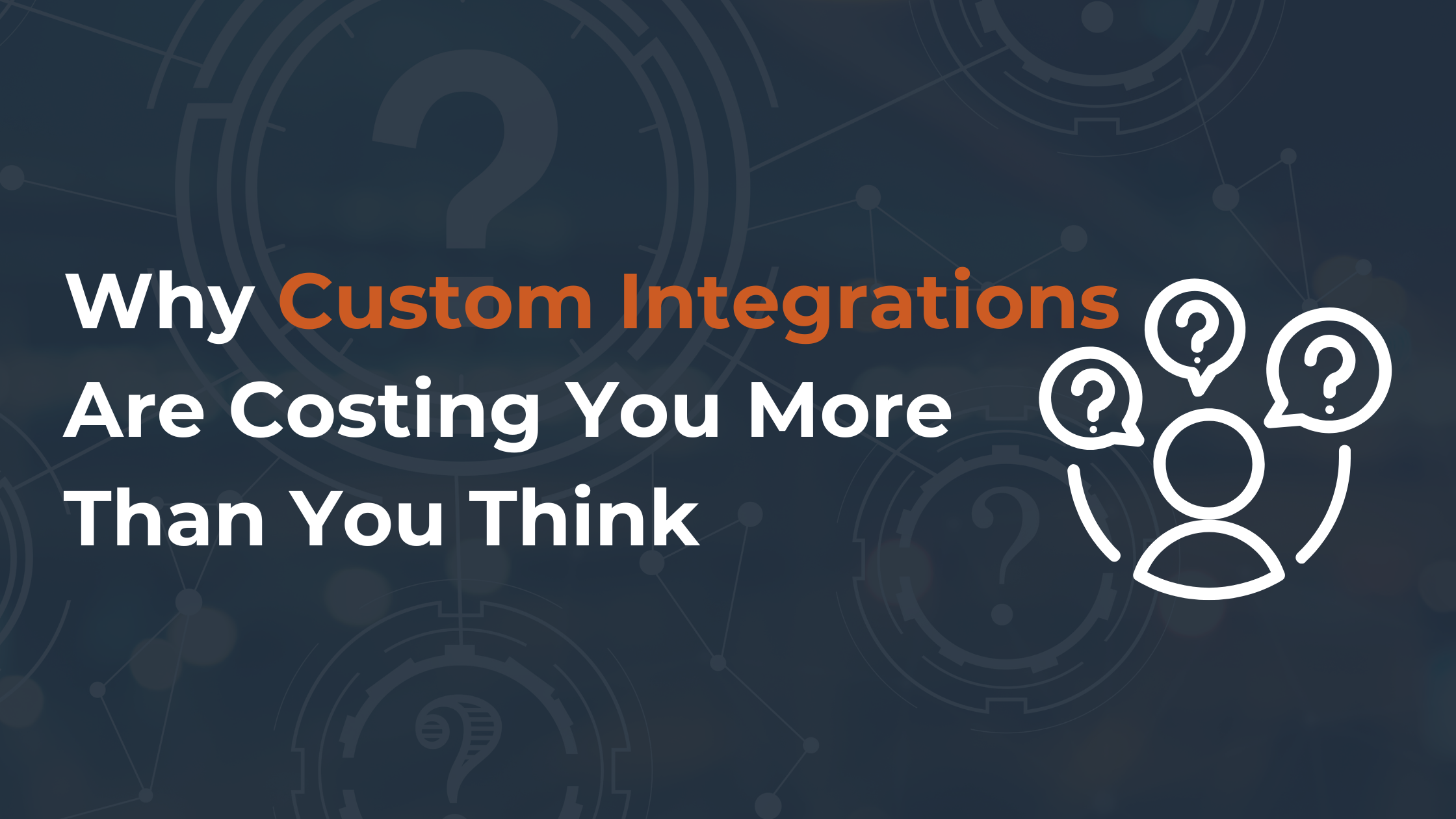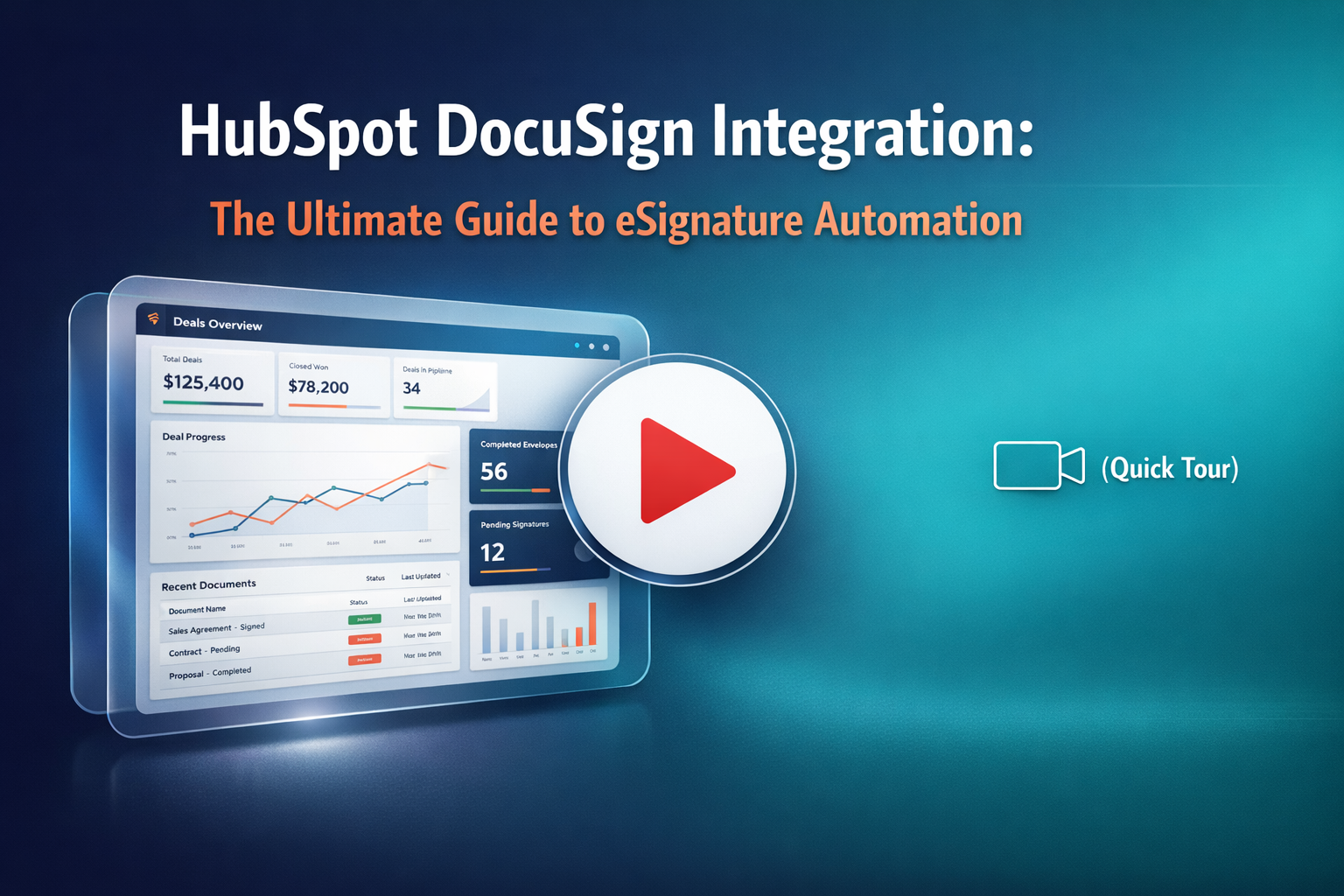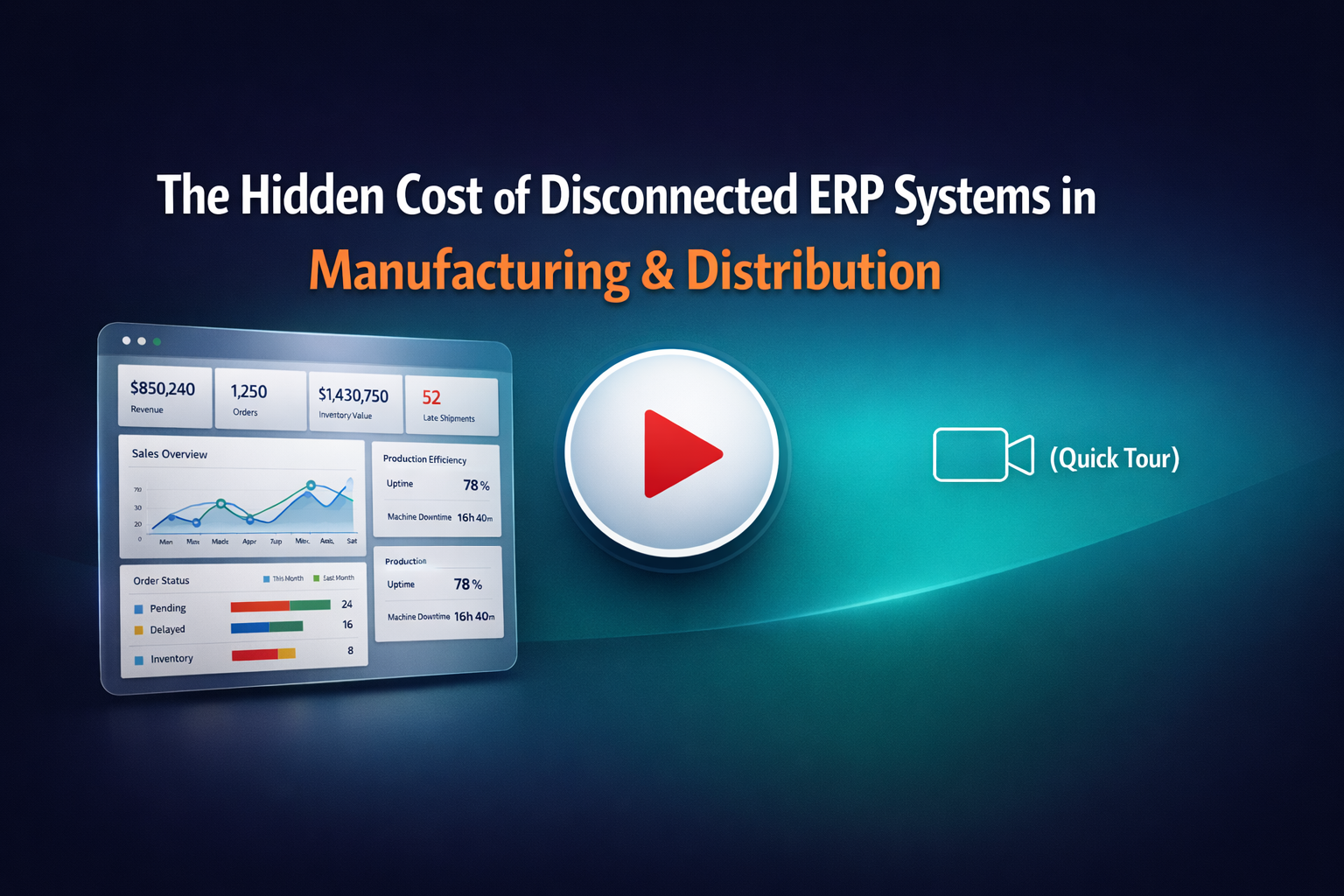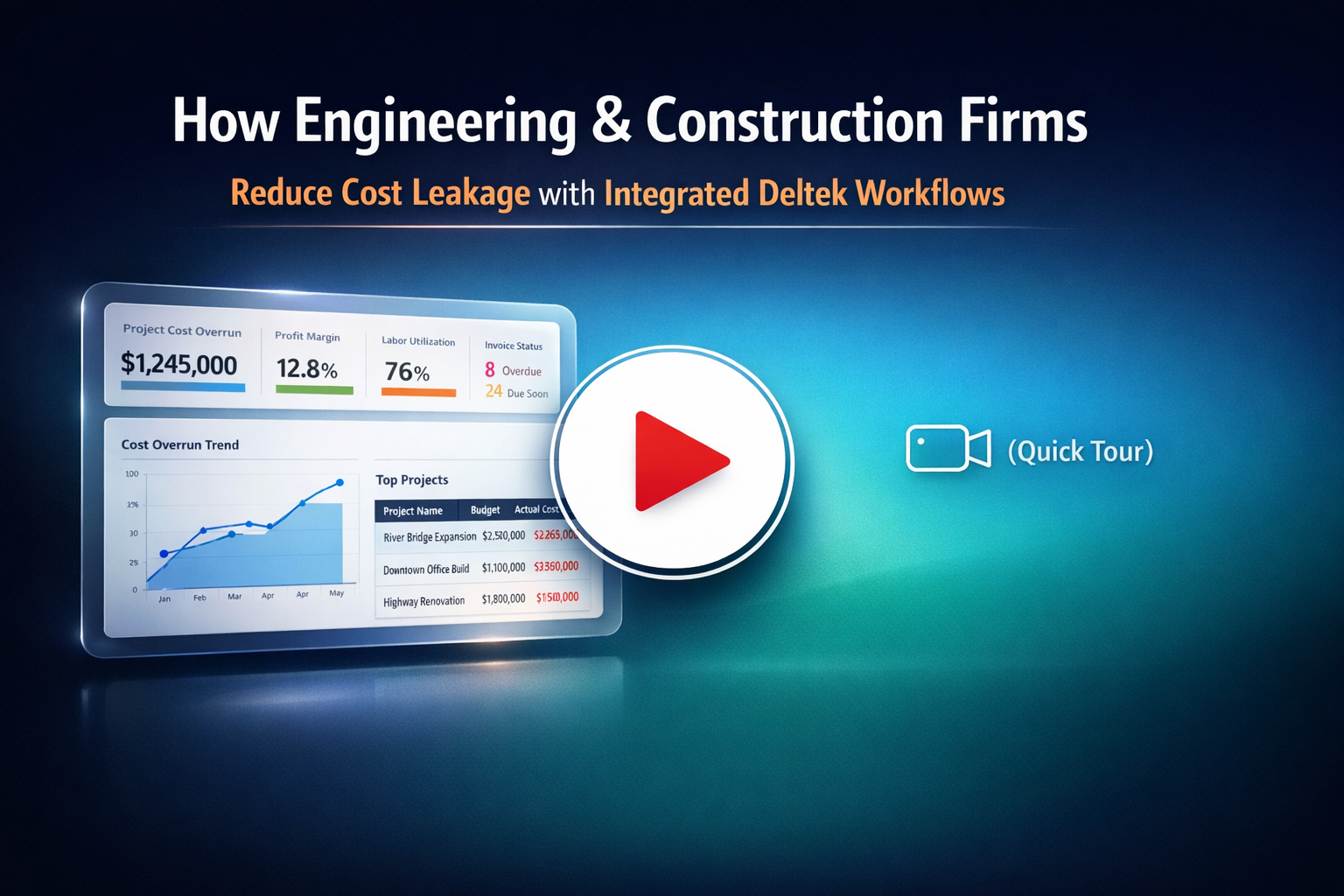Table of Content
What are custom integrations and what do they really cost?
Custom integrations are bespoke software connections built to link your business tools like CRMs, ERPs, marketing platforms, or proprietary systems into one cohesive workflow. These integrations are typically built from scratch by developers to meet particular business requirements, allowing total control over how data moves and behaves between platforms.
At first glance, custom integrations can seem like the ideal solution: tailor-made, deeply embedded, and perfectly aligned with your internal processes. But this level of customization comes at a significant cost— both financially and operationally.
💸 Upfront development costs
Building a custom integration usually requires a team of developers who must learn your systems, define data flows, and code the logic from the ground up. Even relatively simple integrations can run into tens of thousands of dollars in development time, especially when handling complex data models or multiple systems.
🔧 Ongoing maintenance
Once the integration is live, CRM or ERP implementation costs don’t stop. APIs change. Platforms update. Business requirements evolve. Every change means more dev hours, testing, and sometimes complete rebuilds. Without dedicated internal resources or a long-term contract with the original developers, businesses often find themselves scrambling when something breaks.
🎭 Hidden expenses
Custom code lacks the scalability and reusability of modern integration platforms. You’re responsible for hosting, security, error handling, logging, and compliance — all of which add to the total cost of ownership. And let’s not forget opportunity cost: every hour spent fixing integration issues and errors is an hour not spent growing your business.
Why are modern businesses choosing iPaaS over full custom builds?

Today, agility and efficiency aren't just nice to have — they’re essential. That’s why more and more businesses are moving away from full custom integration builds and embracing iPaaS (Integration Platform as a Service) solutions to save CRM or ERP implementation costs.
Here’s why the shift is happening:
1. Faster time to value
Custom integrations can take weeks or even months to scope, develop, test, and deploy. In contrast, iPaaS platforms offer ready-to-use connectors for popular apps, CRMs, and databases. That means you can go from idea to live integration in days, not quarters.
2. Lower upfront and ongoing costs
Custom builds often involve significant development costs, followed by ongoing maintenance expenses. iPaaS solutions operate on a subscription-based model with predictable pricing, automatic updates, and zero server maintenance. Thus, you get enterprise-level integration without the enterprise-level budget.
3. Flexibility without the complexity
iPaaS platforms give you control over how your systems talk to each other without writing a single line of code. Want to sync specific fields only when a condition is met? You can. Need to transform data mid-flight? It's built-in. All this happens through intuitive, no-code/low-code interfaces.
4. Seamless connectivity across systems
Modern iPaaS tools are built to handle the complexity of hybrid tech stacks—whether using legacy on-premise systems, cloud-based tools, or both. SyncMatters, for example, supports 55+ CRMs and a growing ecosystem of integrations, so you’re not limited by tech compatibility.
5. Easier to scale and adapt
As your business evolves, so do your integration needs. With custom builds, scaling often means starting over or adding more code. With iPaaS, scaling is just adding new connectors or modifying workflows—without disrupting the rest of your setup.
6. Built-in monitoring, logging, and security
iPaaS solutions come with real-time dashboards, error handling, retry mechanisms, and robust security features out of the box. That saves your team hours of building and troubleshooting and ensures your data is safe and trackable every step of the way.
Key Advantages of iPaaS Solutions
iPaaS (Integration Platform as a Service) transforms how businesses connect their tools, automate workflows, and manage data across systems. Platforms like SyncMatters provide a centralized, low-maintenance solution that replaces the need for costly custom builds while offering flexibility, speed, and scalability.
Here’s why iPaaS has become the modern standard for smart integrations:
Rapid Deployment and Time Savings
One of the biggest advantages of iPaaS is how quickly you can go live. With pre-built connectors for dozens of popular CRMs, marketing tools, support systems, and more, iPaaS removes the need for lengthy development cycles. What used to take months can now be done in a matter of days without writing a line of code.
Easy Customization Without Custom Code
iPaaS platforms allow businesses to configure custom workflows, logic, and data mappings without the need for developers. Using visual interfaces and drag-and-drop tools, you can tailor how data flows between systems—based on triggers, filters, or conditions—without the complexity of custom scripts.
Centralized Monitoring and Maintenance
No more hunting down errors across systems. iPaaS providers should have a dashboard where you can monitor integration health, view logs, and track data flows in real time. Many platforms also offer automated error handling and retry mechanisms to keep things running smoothly without manual intervention.
Enterprise-Grade Security and Compliance
Data integrity and compliance are non-negotiable. iPaaS platforms should have robust security frameworks, including encryption, access controls, and audit logs. This helps you maintain data protection and meet regulatory requirements like GDPR, HIPAA, and SOC 2.
Reduced Total Cost of Ownership (TCO)
IPaaS offers a far more cost-effective solution than building and maintaining custom integrations. You save the cost of ERP implementation on development, reduce maintenance headaches, and eliminate the need for a large in-house dev team while getting powerful, flexible integration capabilities.
When does a custom integration still make sense?
While iPaaS platforms like SyncMatters offer a flexible, scalable, and cost-effective way to connect systems, there are still scenarios where a fully custom integration is the right choice. It’s not about choosing the best approach—it’s about choosing the right tool for the job.
Here’s when going custom might make more sense:
Highly Proprietary or Niche Systems
Suppose you work with in-house software, legacy systems without API support, or highly specialized industry tools. In that case, an iPaaS may not have ready-made connectors—or may not support them at all. In these cases, a custom integration built around your specific system architecture may be the only viable option.
Ultra-Specific Business Logic
Sometimes, businesses have complex workflows or logic that go beyond what even a flexible iPaaS platform can handle. For example, if your integration requires custom algorithms, real-time data enrichment, or interactions across multiple microservices, custom code might be necessary to achieve the precision you need.
Low-Latency, High-Performance Needs
For applications where speed and performance are mission-critical—like financial trading, real-time IoT monitoring, or logistics platforms—a custom-built integration may provide more control over performance optimization, response times, and system resource management than a generalized iPaaS layer.
Deep, System-Level Integration
If your integration needs to hook into core system processes, modify database behavior, or tightly couple systems at the backend level, a custom solution will give you full access to the internals of each platform. iPaaS is great for syncing and orchestrating, but it’s not designed to deeply alter how systems themselves operate.
Long-Term Stability with Minimal Change
If your integration requirements are unlikely to change over the next 5–10 years, and you have the internal development resources to maintain it, a one-time custom build might actually be more cost-effective in the long run. Just be sure you’re ready to handle updates, bug fixes, and future tech shifts yourself.
SyncMatters Real-Life Success Stories

SyncMatters has driven significant operational improvements and revenue growth for its clients across various industries. Two notable success stories — TSL Marketing and Geekly Media highlight how tailored CRM integrations can transform business processes and outcomes.
✅ TSL Marketing: Enhancing Client Offerings and Building Recurring Revenue
TSL Marketing, a B2B technology growth agency, faced challenges integrating ConnectWise data into HubSpot for their clients. Existing tools like Zapier proved unreliable for complex integrations. Collaborating with SyncMatters, TSL developed a reusable integration template, leading to the creation of Integrates.io. This solution enabled seamless data synchronization between ConnectWise and HubSpot, allowing TSL to deploy it rapidly across their client base. As a result, TSL achieved a 60% conversion rate from inquiries to customers, expanded its service offerings, and established a predictable revenue stream through setup fees and recurring licenses.
✅ Geekly Media: Revolutionizing Property Management with HubSpot Integration
Geekly Media, specializing in property management consultancy, struggled with the manual transfer of data from property management software like Appfolio and Propertyware into HubSpot. This process consumed over 80 hours weekly, limiting their capacity to take on new projects. SyncMatters developed a custom integration, termed the "Bridge," automating data synchronization and reducing manual workload. This innovation led to significant efficiency gains, including $418,000 in annual savings and the ability to launch new client integrations within three days. The partnership not only streamlined operations but also positioned Geekly Media as a leader in property management automation.
These case studies show how SyncMatters' tailored CRM integration solutions can address complex challenges and foster scalable growth for businesses across diverse sectors.
Wrapping Up: The Long-Term ROI of iPaaS
The long-term value of iPaaS lies in its ability to deliver sustained CRM integration cost savings, agility, and scalability. Unlike custom integrations, which require ongoing development and constant maintenance, iPaaS solutions like SyncMatters are built for self-service, minimizing IT resource requirements and reducing the need for technical support. With quick deployment, your business can realize faster time-to-value, allowing you to focus on growth rather than dealing with complex system maintenance.
Custom integrations still have a place — especially for companies with unique systems, advanced technical needs, or performance requirements. But for the majority of modern businesses looking for speed, scalability, and maintainability, iPaaS offers a more innovative and agile way to connect and automate workflows.




